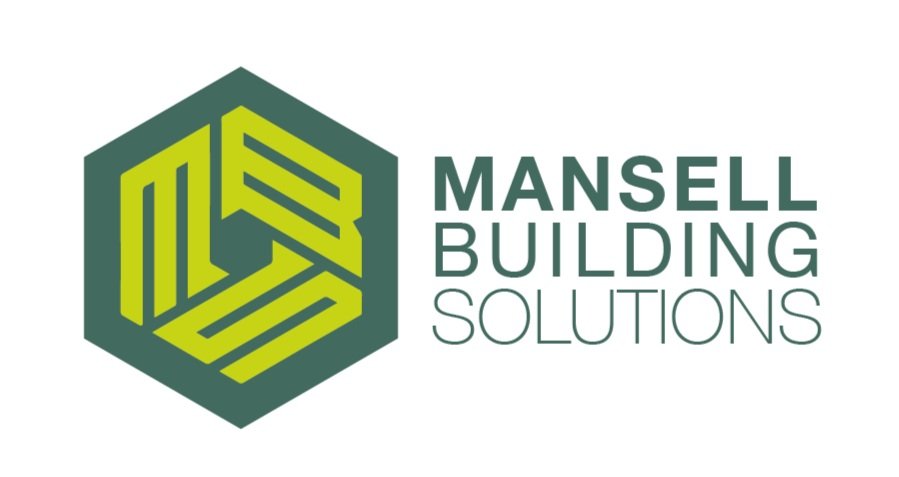Building smarter, not harder – Our UKREiiF round table and the fight to fix construction methodology
Fixing a broken system
UKREiiF has been and gone and now we’re left with all the things we learned jangling around our heads. Like last year, the conference was a total goldmine of industry insights and interesting conversations. At every hour, there were big issues under the microscope getting the scrutiny and problem-solving they were due.
For Mansell, we stepped into all the conversations we could, eagerly listening and adding value with our own point of view.
There was one topic in particular we were keen to get into the weeds on and this was the topic of construction methodology. On the Wednesday (22nd), we hosted a round table discussion on, “Building smarter, not harder – getting construction methodology right from the start”.
This session brought some great industry minds to the table and the conversation didn’t disappoint. Our thoughts on this matter have been well established elsewhere, but in this short blog, I wanted to bring together some of the discussion’s main themes.
Our attendees
We enjoyed a truly eclectic mix of attendees at the round table, all bringing their own unique experiences and perspectives. We couldn’t write a round-up without first giving each a shout-out for their excellent contributions and willingness to contend with the issues facing our industry.
Thanks to all below for your attendance:
Jamie Quinn, Sustainability Director at Argent and Related Agency
David Stronge, Design Director at Peabody
Ellie Jenkins, Partner at Akerlof
Mark Richardson, Director of Delivery at LandsecU&I
Ged Couser, Architect Principal at BDP
Peter Jackson, Managing Director at Seddon Construction
Alan Hall, Projects Director at Genr8 Kajima Regeneration
Chithra Marsh, Director at Buttress Architects
Steven Gregory, North West Area Director at Morgan Sindall Construction
Michelle Hannah, Director at Cast Consultancy
Key conversation points and takeaways
The conversation was long and in-depth enough for us to get stuck in and give the topic some substance. These were the main themes and points we came back to time and again.
Innovative Procurement Methods
This is a biggie.
We know that the industry is facing a raft of changes to the way it works. In tenders, you’re more and more asked to demonstrate social value impact and commitment to net zero. Similarly, at a government level, legislation is changing to require us to work differently with the advent of things like the Building Safety Act.
In-line with these changes, there was a call for new procurement methods that prioritise sustainability, social value, and collaboration. There was a deep emphasis on the need to align project delivery with social value and net zero outcomes while addressing the challenges of these goals in the procurement stage.
Technology and Standardisation
When it comes to construction efficiency, embracing technological advancements and systemisation is crucial.
Some great examples we discussed were Passivhaus and, of course, offsite building techniques. With these techniques, you know exactly what’s possible and what you can achieve. And what’s more, the certainty they bring when approached correctly is a considerable boon.
Early Specialist Involvement
In other blogs, we’ve discussed, at length, the importance of engaging specialists at the earliest stage of a project’s design and we’re going to bang that drum again here.
It can’t be stated enough how important early engagement is when it comes to MMC and other advanced methods of construction. When specialists are embraced for their knowledge and expertise, projects run smoother and better value can be extracted from the specialist elements they bring to the table.
Interdisciplinary collaboration
Hooking into a topic that we covered in a previous round table, collaboration is a vital aspect of how we approach industry challenges. By building trust across disciplines and amongst project partners, we can work more efficiently whilst creating more consistent metrics for project evaluation.
What’s more, a culture of collaboration will open up new avenues of thought on social value and net zero.
Lack of trust between contractors is often cited as a cause of mistakes and project delays. By prioritising partnership models, collaboration and early specialist involvement, many issues can be completely eliminated.
Putting some meat on the bones – Examples from the panel
Peabody’s Passivhaus Development
Peabody's successful Passivhaus project in London was put under the microscope, with David Stronge talking about the project's success. In no short measure, this was cited as being down to the continuity of the original design team and effective value engineering - which saved costs without compromising on standards.
You can read more about the scheme here.
Innovations in Materials and Methods
When it comes to big technological steps forward on the horizon, a collaborative industry that’s ready to share knowledge, best practice and interdisciplinary support will be much faster off the mark than one straight-jacketed by competition and secrecy.
When that game changer comes along, like graphene-augmented concrete, we want to share the best practice as soon as we can so the industry as a whole can benefit.
The bottom line
If there’s one thing that came out of the discussion, it was that early engagement, trust and collaboration are key to many of the challenges facing us. By adopting smarter practices and fostering collaboration, the industry can overcome what’s before it and move towards a brighter future.
-
Got something to say on the subject? We’d love to hear your thoughts. Contact us and we can grab a coffee and let the collaboration begin.



